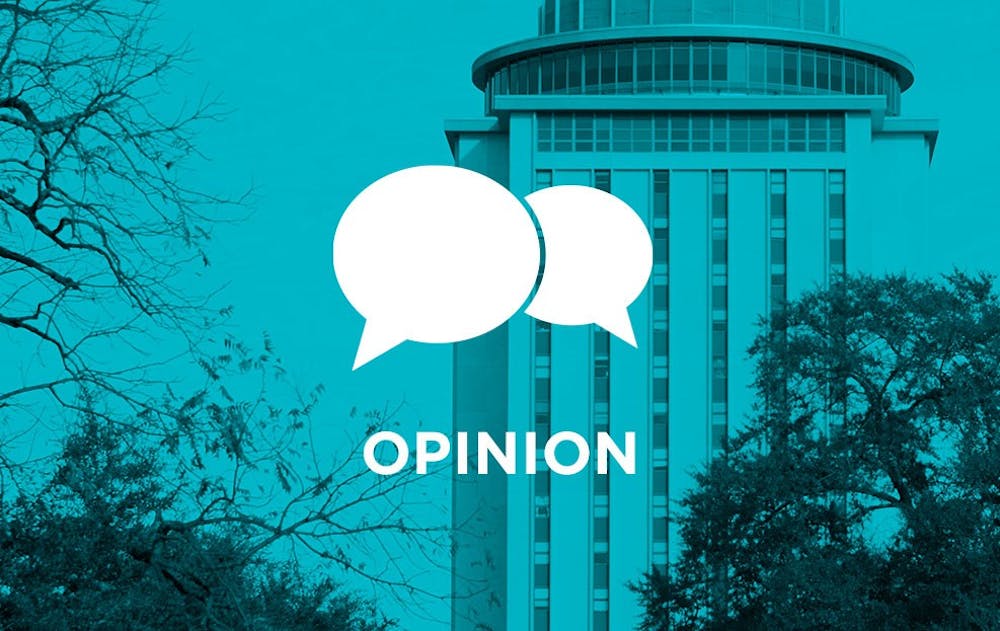Across the country, Division I athletes sign over their souls to the NCAA in order to get a taste of experiences like Williams-Brice on game day and a scholarship to college they may not have been able to afford otherwise. What they don’t necessarily realize is that, in addition to committing their body and time to their university and their sport, they are also signing away their name, image and likeness.
Universities are able to use these entities in any way they wish because decades ago in the 1950s, the NCAA took it upon itself to classify collegiate athletes as “student-athletes” and required these athletes to take an “amateurism pledge.” The NCAA coined this term for its athletes and it’s how it protects the organization against antitrust lawsuits that could force the NCAA and its members to compensate players. More insidiously, the NCAA is a “nonprofit” organization and has developed a system in which everyone except the athletes who sell out the stadiums are getting paid — all while remaining tax-exempt.
The NCAA and its university members should not be able to control how these athletes get paid outside of scholarships. The NCAA should not be able to prevent athletes from taking sponsorships and being recognized by for-profit companies across the world. To deny these athletes this right is appalling, particularly as it would not change the dynamic of college sports itself with the exception that elite players would now have an actual income.
Why the NCAA does not want athletes to be paid by the universities themselves, despite being self-serving, makes sense. The big-money booster schools would have an unfair advantage if they were able to offer contracts to athletes outside of their current scholarship offers. These schools, with their boosters’ help, would be able to compensate players more and the playing field would keel over forever. College sports would lose some of its mass appeal if it became a game of money ball.
But to deny these elite athletes outside sponsorship deals is ludicrous. A study conducted at Drexel University found that among Division I basketball and football players, “85 percent of players living on campus and 86 percent of players living off campus” live below the federal poverty line. Furthermore, the average Division I scholarship dissatisfies basic living requirements by over $3000. Many of these athletes do not have the funds to put food on the table and, according to former star Tennessee running back Arian Foster, certain athletes take to extreme measures — like calling coaches to ask for food — to provide for themselves.
The fact of the matter is that the athletes should have complete and total access to their name, image and likeness. The NCAA realized the value of these players, some worth hundreds of thousands of dollars, and engineered a system in which the organization essentially owns them. The NCAA uses the amateur clause to deny athletes employee protections offered to professional players and to put money in its own pockets.
The NCAA pretends they are protecting these athletes, but from what? From being able to send money home to their families? From making money off of their extraordinary talents? As Johnny Manziel so wisely stated in March, “the NCAA is a joke.”
Let the athletes accept the sponsorships that would help them provide for themselves and their families — all while protecting the integrity of the game.

